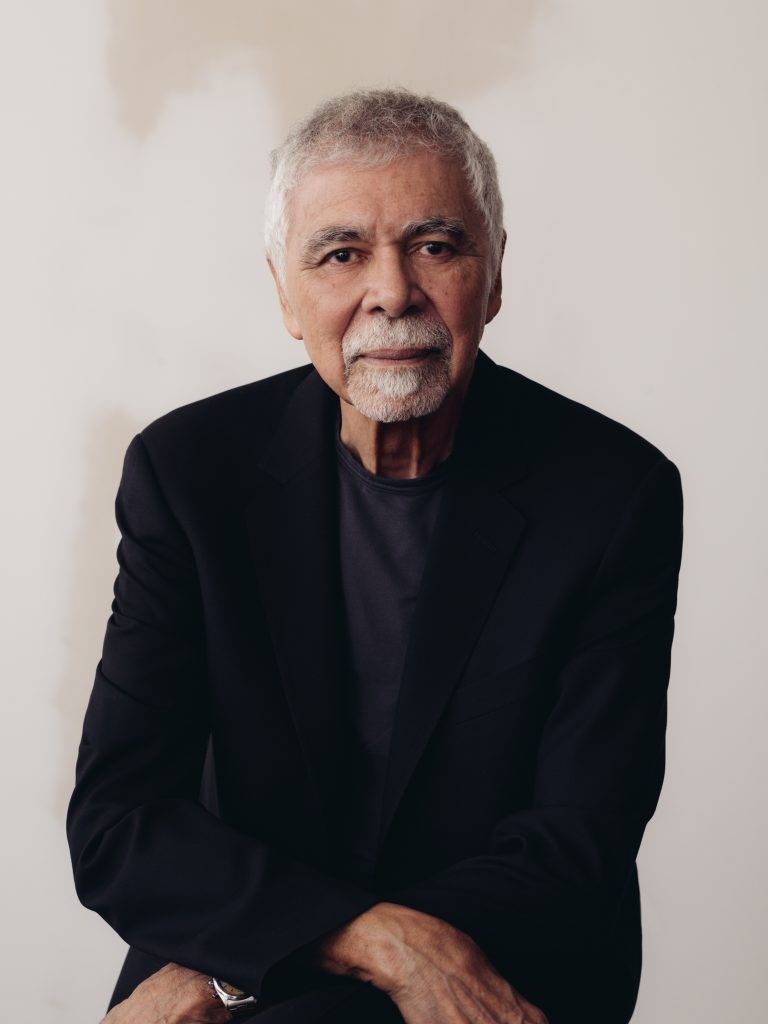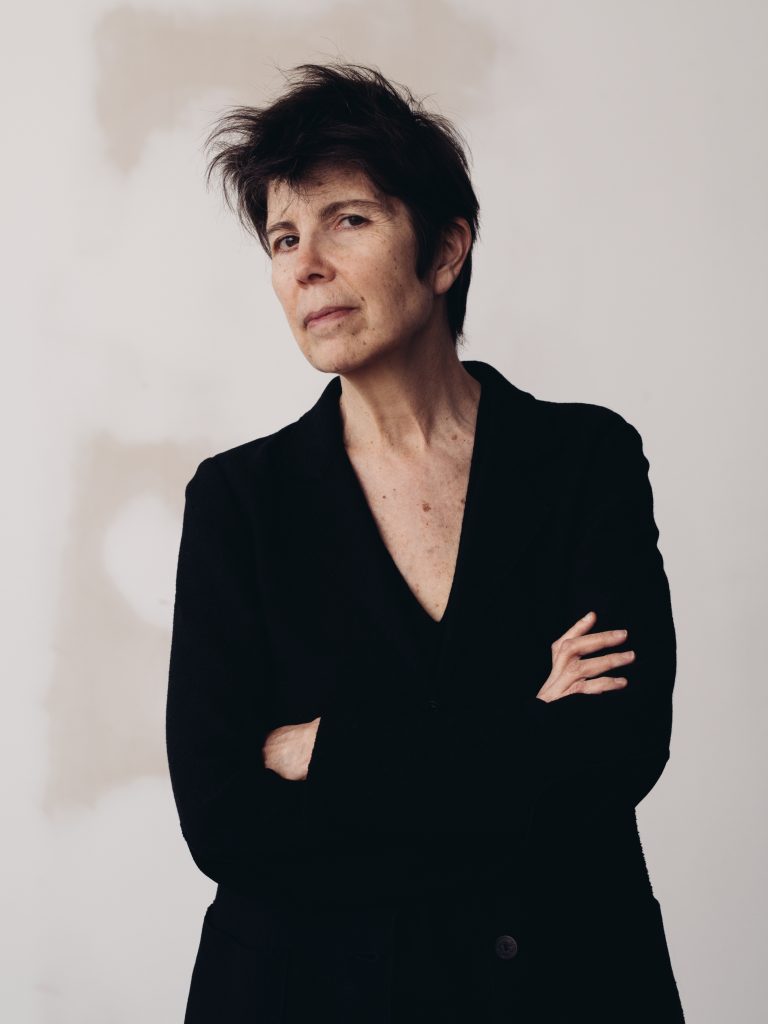The Royal Academy of Arts has announced that Elizabeth Diller and Ricardo Scofidio have been awarded the 2019 Royal Academy Architecture Prize, honouring their inspiring and enduring contribution to the culture of architecture.

The annual prize, supported by the Dorfman Foundation and now in its second year, was decided by a distinguished international jury, recognising an innovative partnership that from its inception has been passionately committed to interdisciplinary work that expands architectural ideas and urban culture.
With their practice Diller Scofidio + Renfro, their work consistently demonstrates how buildings can enhance cities and capture the public imagination.


The jury also announced the finalists for the Royal Academy Dorfman Award, which champions global talent that represents the future of architecture. The four architects are: Fernanda Canales (Mexico); Alice Casey and Cian Deegan, TAKA (Ireland); Mariam Kamara, Atelier Masomi (Niger) and Boonserm Premthada, Bangkok Project Studio (Thailand).
Chaired by the Royal Academician and co-founder of Stanton Williams Alan Stanton, jury members include Director of LSE Cities Ricky Burdett, co-founder of Sauerbruch Hutton Louisa Hutton RA, Head of the Graduate School of Architecture at the University of Johannesburg Lesley Lokko and broadcaster Kirsty Wark. They will be joined by artist Phyllida Barlow RA to select the winner of the Royal Academy Dorfman Award following a public presentation at the Royal Academy Architecture Awards Week, 13-17 May 2019. The week-long public celebration will also include an address by Elizabeth Diller and Ricardo Scofidio, and a cultural outreach programme, which will be developed with the British Council as International Partner for the Awards.
The new awards and dedicated spaces for architecture in Burlington Gardens have increased the existing architecture programme at the Royal Academy, including debates, lectures, displays and new commissions to inspire the profession and deepen the public??s understanding of architecture. The reinvigorated programme demonstrates the Royal Academy??s role as a global advocate for architecture, realising the Royal Academy??s mission to garner a wider appreciation and understanding of architecture??s vital relationship to culture and society.
Alan Stanton RA, Co-founder of Stanton Williams and Chair of the Jury, said, ?The Jury were unanimous in their decision to award this year??s Royal Academy Architecture Prize for Architecture to Elizabeth Diller and Ricardo Scofidio. Their extraordinary architectural projects which are founded on their early experimental work in the visual and performance arts resonate with our ethos here at the Royal Academy, formed as it is by both artists and architects. The Royal Academy Architecture Prize recognises a practice at the height of its powers who are leading voices for imaginative urban and environmental design and are an inspiration to architects of all generations.??
Sir Lloyd Dorfman CBE, Trustee of the Royal Academy Development Trust, and Founding Partner of the Awards, said: ???With the Royal Academy Prize winner and Dorfman Award finalists coming from five different continents, they reflect a wide-spread of global talent. We are delighted that they are attracting interest from all over the world, since when we conceived the Awards, we wanted them to be truly international. Now in their second year, it is wonderful to see the Awards gaining in momentum, through the attraction of both a commercial and international partner.??
Kate Goodwin, Head of Architecture and Heinz Curator, Royal Academy of Arts, said, ?At the Royal Academy we view architecture as a social artform that is integral to our lives and ever-present. We therefore think about architecture broadly and aim to contextualise its relevance within society and culture, often acting as translators between the profession and the public. I believe in expanding the spatial literacy of us all so we can understand the world we inhabit and work towards shaping a better one.??
Elizabeth Diller and Ricardo Scofidio, said, ?This wonderful recognition by the Royal Academy of Arts has prompted us to reflect on the trajectory of our practice. We started as dissidents, challenging architecture as a self-contained discipline and probing its intersections with other cultural forms using a large toolkit of media. A combination of naiveté and determination allowed us to realize some challenging projects over time but it was not until our collaboration expanded to include new partners and a growing staff that we were truly able to push architecture??s untapped agency and convert provocations into meaningful action in cities and institutions.??



